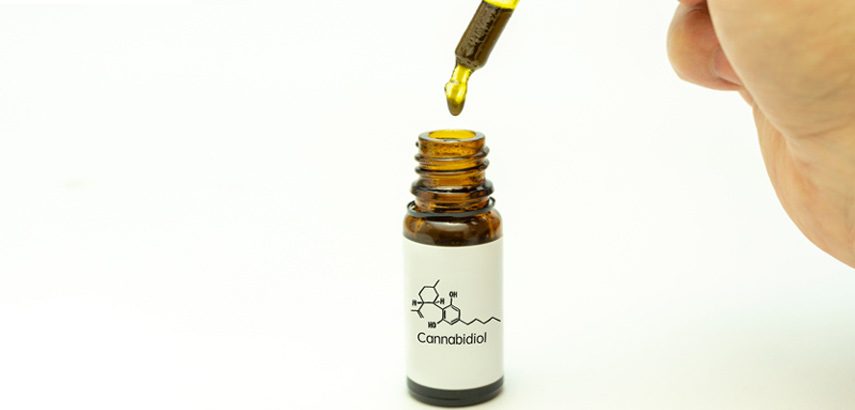Chronic pain, even relatively minor illness, can be debilitating and severely impact our quality of life.
Managing pain in the long term presents one of the most serious challenges facing modern medicine, one that we still don’t have any satisfactory answers to.
Will CBD Help?
A separate study in the Journal of Experimental Medicine supports these results. This research suggests that using CBD can reduce pain and inflammation.
We understand that people would like a simple yes or no answer to this question, but the answer is a resounding ‘maybe.’
There is plenty of anecdotal evidence – meaning that people have reported using CBD successfully to relieve pain – and a little bit of scientific evidence.
Most of that evidence is confined to rats; large-scale human trials are rare.
Of course, we shouldn’t dismiss anecdotal evidence; we need to understand its limitations.
For one thing, self-reporting breeds bias.
We have no objective measure of people’s medical histories, starting pain, level of relief, individual pain tolerance, the dosage of CBD used, or other drugs they use, to name a few.
Is it Worth It?
We would say, yes.
For the simple reason that even if CBD doesn’t help you with your pain, it is a very safe and non-toxic compound that doesn’t interact dangerously with other medicines or treatments.
It is, therefore, perfectly safe to try CBD while receiving other forms of care.
Always be honest with your doctor about your use of substances like CBD.
It is also worth remembering what the alternatives to CBD are.
The most effective treatments for chronic pain are physiotherapy and opioids. Read this report from the PubMed Central.
According to the CDC report, Opioids have their own problems, which are well documented.
However, opioids mimic the body’s natural painkilling mechanism, and their effect is therefore irreplicable.
What About CBD?
Learn more about CBD in general over at the Crescent Canna FAQ.
For this article, we are focusing purely on its purported painkilling benefits and how they compare to opioids.
Opioids are useful because they mimic the action of endorphins.
Endorphine is a shorthand for endogenous morphine(s).
Molecularly, endorphins consist of a morphine molecule with various adjuncts.
Endorphin itself consists of morphine and a long amino-acid tail.
Morphine and its derivatives dampen the strength of pain signals traveling through the spine, quite literally killing the pain.
CBD does not do this, but we know that cannabinoids are involved in our pain circuitry.
There is evidence that cannabinoids act as COX-inhibitors like ibuprofen and other NSAIDs.
However, we usually associate COX inhibition with gastric damage.
THC displays profound gastroprotective properties that were able to attenuate NSAID-induced gastric damage in mice.
Related – Medical Marijuana: How To Use Medical Marijuana for Arthritis Pain?
So How Does CBD Work?
The short answer is – we don’t know.
Cannabis has been under strict international prohibition for almost a century, although common sense and science are starting to prevail, and medical and recreational cannabis are becoming more common.
But that prohibition has decimated the research landscape.
Whereas we know plenty about the pharmacology of synthetic painkillers, and even natural and semi-synthetic painkillers like morphine or oxycodone, our understanding of how CBD kills pain is mostly guesswork.
We know what CBD does, just not why a downstream effect of what appears to be an NSAID/COX-inhibitor-like painkilling action, potentially in conjunction with a serendipitous gastroprotective function.
It is perfectly safe to try CBD for your chronic joint pain.
While the science is far from clear-cut, there is a lot of anecdotal evidence that is consistent enough to be taken seriously.







 This article changed my life!
This article changed my life! This article was informative.
This article was informative. I have a medical question.
I have a medical question.
 This article contains incorrect information.
This article contains incorrect information. This article doesn’t have the information I’m looking for.
This article doesn’t have the information I’m looking for.